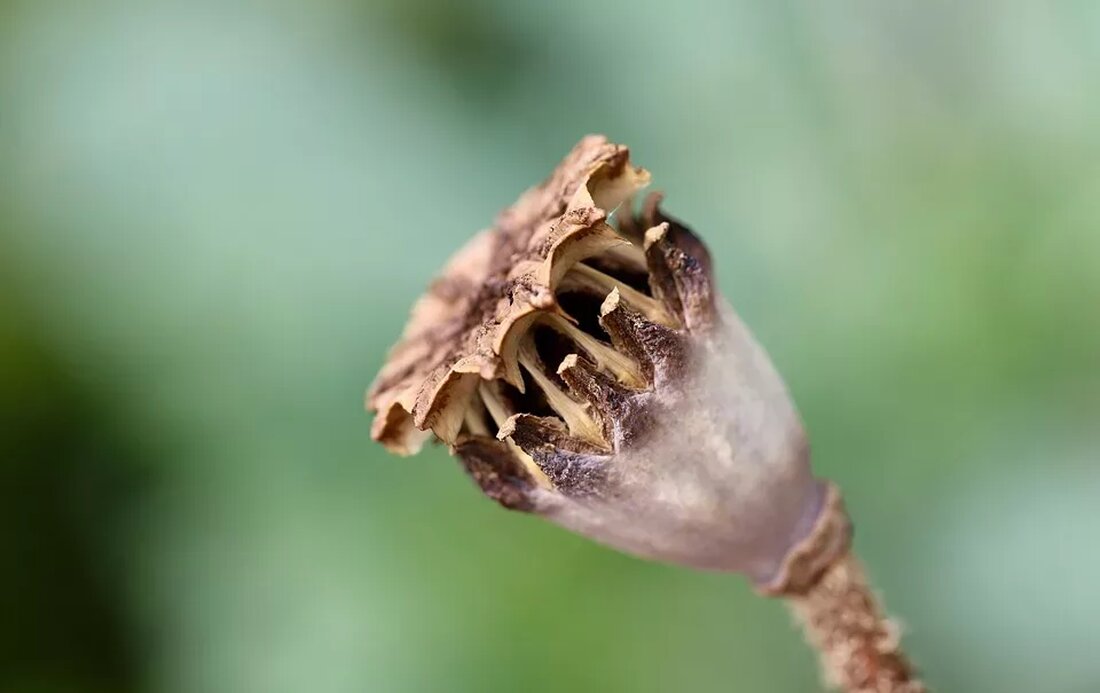Medicinal plants for colds and flu
Medicinal plants for colds and flu A cold or flu can strike us at any time and is often accompanied by unpleasant symptoms such as cough, runny nose, sore throat and headache. In addition to medications, there are also numerous medicinal plants that can help alleviate the symptoms. In this article we will take a closer look at some of these medicinal plants and explain how they work for colds and flu. Echinacea (Coneflower) One of the best-known medicinal plants for colds and flu is the coneflower, scientifically known as Echinacea. Studies have shown that echinacea can strengthen the immune system and shorten the duration of illness. The plant contains antimicrobial and anti-inflammatory properties that…

Medicinal plants for colds and flu
Medicinal plants for colds and flu
A cold or flu can strike us at any time and is often accompanied by unpleasant symptoms such as cough, runny nose, sore throat and headache. In addition to medications, there are also numerous medicinal plants that can help alleviate the symptoms. In this article we will take a closer look at some of these medicinal plants and explain how they work for colds and flu.
Echinacea (coneflower)
One of the most well-known medicinal plants for colds and flu is the coneflower, scientifically known as Echinacea. Studies have shown that echinacea can strengthen the immune system and shorten the duration of illness. The plant contains antimicrobial and anti-inflammatory properties that can help fight infections. Echinacea can be taken as a tea, juice or as a dietary supplement.
elder
Elderberry is another medicinal plant that can be used for colds and flu. The berries and flowers of elderberry contain many important nutrients and antioxidants that can strengthen the immune system. Studies have shown that elderberry extract can reduce the severity and duration of cold and flu symptoms. Elderberry tea with a little honey can help soothe a sore throat and soothe mucous membranes.
Ginger
Ginger is known for its anti-inflammatory properties and has long been used to treat colds and flu. The ingredient gingerol, which is responsible for ginger's pungent taste, can help relieve coughs and sore throats. Ginger tea or fresh ginger as an ingredient in soups and dishes can help reduce symptoms and improve well-being.
thyme
Thyme is an aromatic medicinal plant that can have a calming effect on the respiratory tract during colds and flu. Thyme contains essential oils such as thymol, which can have an expectorant and antispasmodic effect. Thyme tea can help loosen mucus in the respiratory tract and reduce the urge to cough. Thyme oil can also be used for inhalation.
sage
Sage is a common medicinal plant that can have a soothing effect on sore throats and coughs. The essential oils in sage have anti-inflammatory properties and can help relieve inflammation in the throat and throat. Sage tea or sage gargles can help soothe a sore throat and aid the healing process.
peppermint
Peppermint contains menthol-containing essential oils, which can have a cooling and calming effect. Peppermint oil can be used for inhalation to clear nasal congestion and open the airways. Peppermint tea can also have a soothing effect on the throat and reduce the urge to cough. Caution is advised if you suffer from heartburn or stomach problems, as peppermint can irritate the stomach.
chamomile
Chamomile is a medicinal plant that has calming properties and can be used for colds and flu. Chamomile tea can help relieve sore throats and coughs. The essential oils in chamomile have antimicrobial properties and can reduce inflammation. Chamomile tea is also suitable for children and can have a calming effect on them.
Conclusion
Medicinal plants can provide a natural alternative to relieve symptoms of colds and flu. Echinacea, elderberry, ginger, thyme, sage, peppermint and chamomile are just a few of the medicinal plants that can be helpful for colds and flu. It is important to note that medicinal plants cannot replace medical treatment and in some cases may cause side effects. It is advisable to consult a doctor or pharmacist before using medicinal plants, especially if you are already taking medication or have certain previous illnesses.

 Suche
Suche
 Mein Konto
Mein Konto
